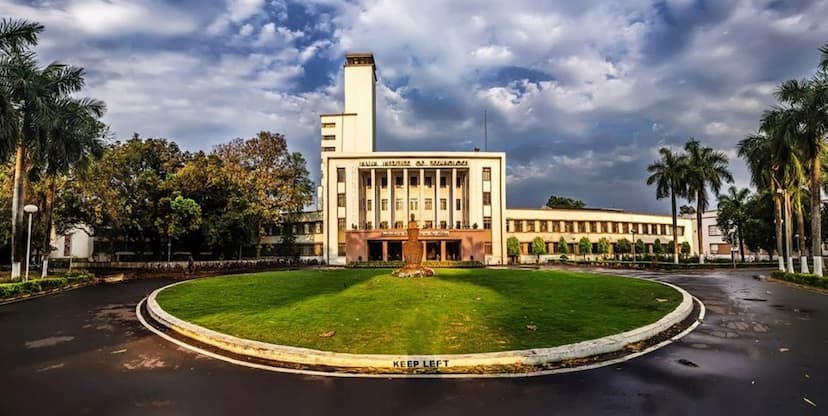Career Options in Microbiology 2024

Microbiology, the study of microscopic organisms such as bacteria, viruses, fungi, and algae, is a fascinating field with diverse career options in microbiology. Microorganisms play crucial roles in various aspects of life, from human health and disease to environmental sustainability and biotechnology. As such, microbiology offers a wide range of career options in microbiology for those interested in scientific exploration and discovery.


You can also read here the Career Options in Environmental Science 2024
1. Research Scientist:
Microbiology research professionals operate in laboratories, performing experiments to learn about microorganisms and how they interact with other creatures and the environment. They contribute to scientific information and can work in a variety of fields, including medical microbiology, environmental microbiology, and industrial microbiology.
2. Clinical Microbiologist:
Clinical microbiologists work in healthcare settings, researching microbes that cause infections in humans. They play an important role in diagnosing and treating infectious diseases by identifying the underlying causes and providing relevant treatments.
3. Public Health Microbiologists:
Public health microbiologists work at government agencies or research institutions to investigate the spread and control of infectious illnesses. They may also help to design policies and strategies for preventing and controlling disease outbreaks.

4. Food Microbiologist:
Food microbiologists work in the food sector, studying microorganisms that have an impact on food safety and quality. They contribute to the safety of food products by conducting testing and executing contamination-prevention measures.
5. Industrial Microbiologist:
Industrial microbiologists operate in industries such as pharmaceuticals, biotechnology, and agriculture, producing a variety of goods using microbes. They may be responsible for designing new goods, refining manufacturing methods, and guaranteeing product quality and safety.


6. Environmental Microbiologist:
Environmental microbiologists investigate microorganisms in nature and their roles in processes such as nutrient cycle, waste decomposition, and pollution control. They could work for environmental consulting corporations, government organizations, or research institutions.
7. Academician:
Microbiology professors teach students and perform research at universities and colleges. They play an important role in educating the next generation of microbiologists and furthering the subject through research efforts.
8. Science Communicator:
Science communicators in microbiology operate in a variety of settings, including media, museums, and science centers, to convey scientific concepts to the general public. They play an important role in educating the public about microbiology and its applications in everyday life.
9. Quality Control Microbiologist:
Quality Control Microbiologists work in industries including pharmaceuticals and food processing, ensuring that products meet quality and safety requirements. They screen for microbiological contamination and assure regulatory compliance.

10. Pharmaceutical Microbiologist:
Pharmaceutical microbiologists work in the pharmaceutical sector, researching microorganisms and developing novel medications and vaccines. They play an important role in medical research and healthcare outcomes.
11. Veterinary Microbiologist:
Veterinary microbiologists work in veterinary medicine, researching microbes that affect animal health. They may be involved in the diagnosis and treatment of animal diseases, as well as the investigation of methods for preventing and controlling disease outbreaks.

Read here the other options like Career Options in Forensic Sciences 2024
Conclusion:
To summarise, microbiology provides diverse career options in microbiology for people interested in the fascinating world of microbes. Whether you are interested in scientific research, healthcare, industry, or the environment, there are career options in microbiology that will meet your needs and goals. By exploring these different career choices, you can embark on a rewarding journey of scientific discovery and innovation, helping to improve our understanding of the microbial world and its impact on our lives.
Vani Jha is a creative content writer with over 2 years of experience in producing engaging, informative, and well-researched content across various domains. Her expertise lies in SEO, research, editing, and content and copywriting. With a proven track record in enhancing online presence and audience engagement, Vani excels in crafting compelling articles, blogs, and other written materials.









